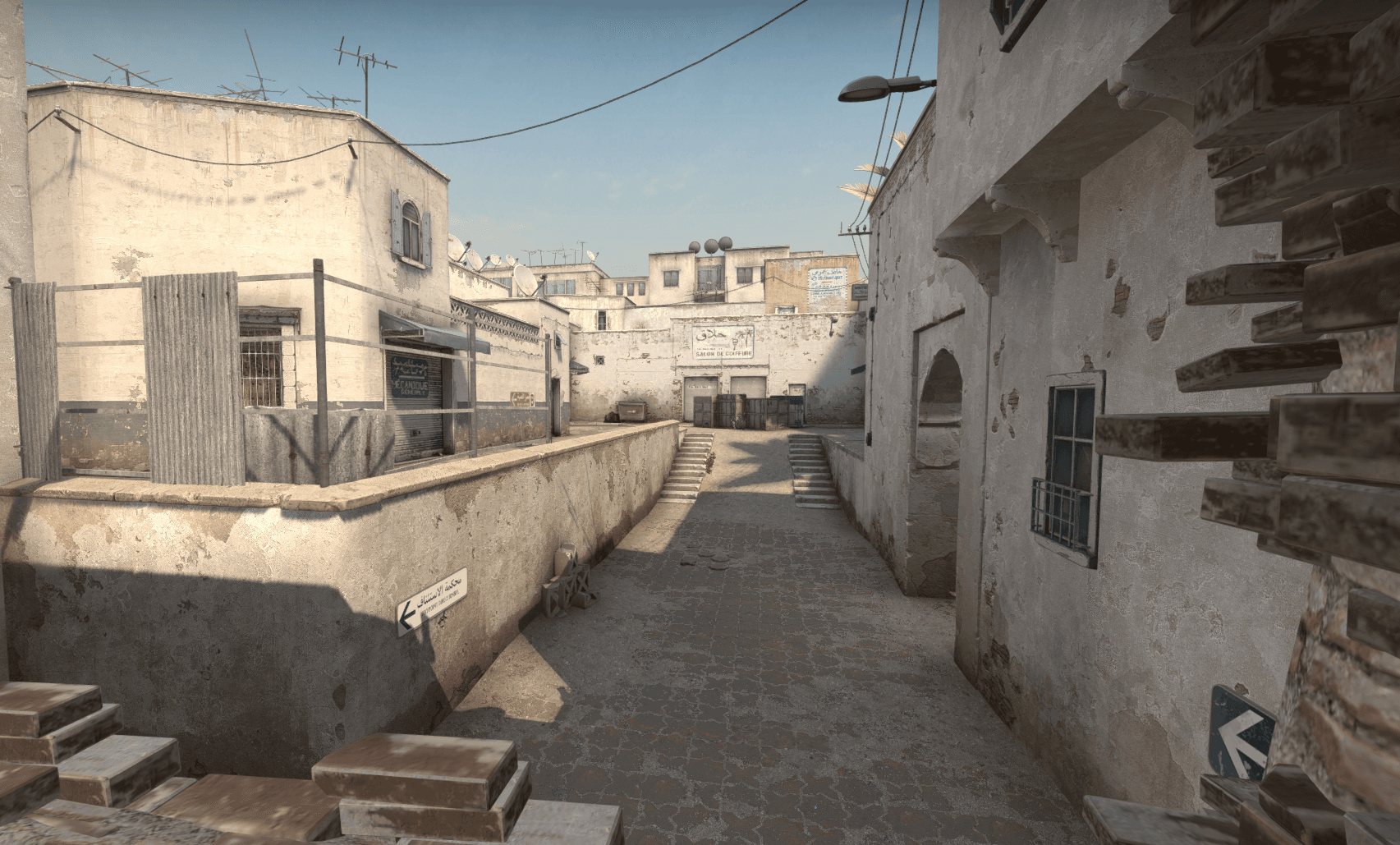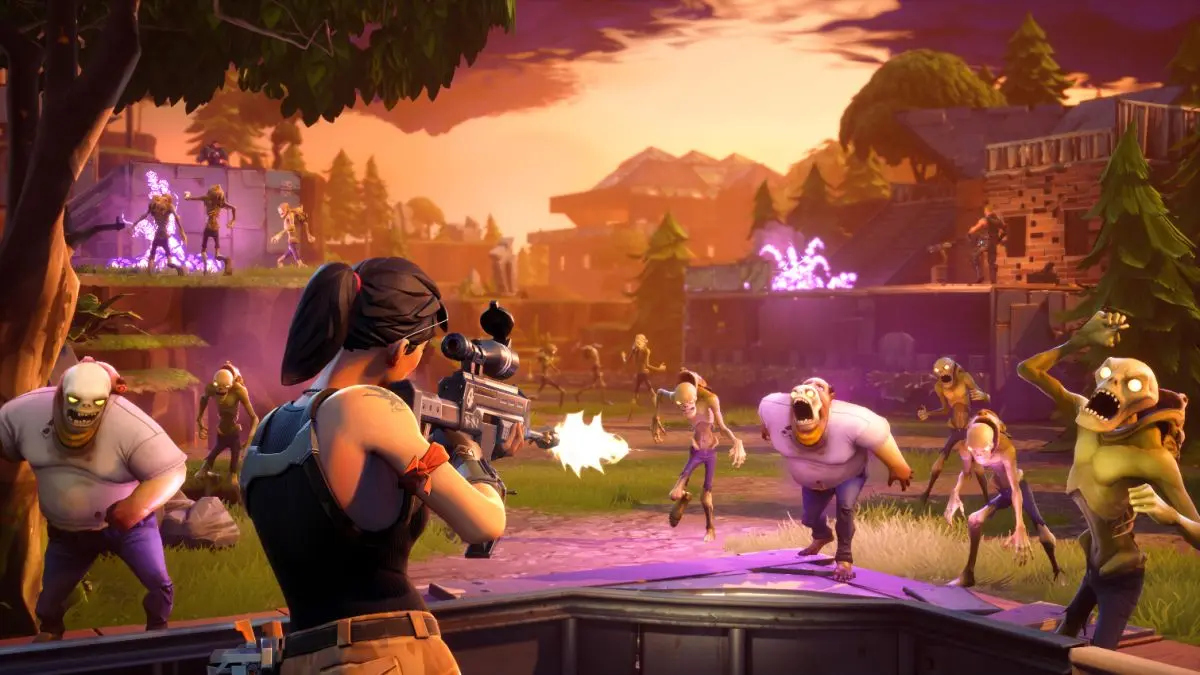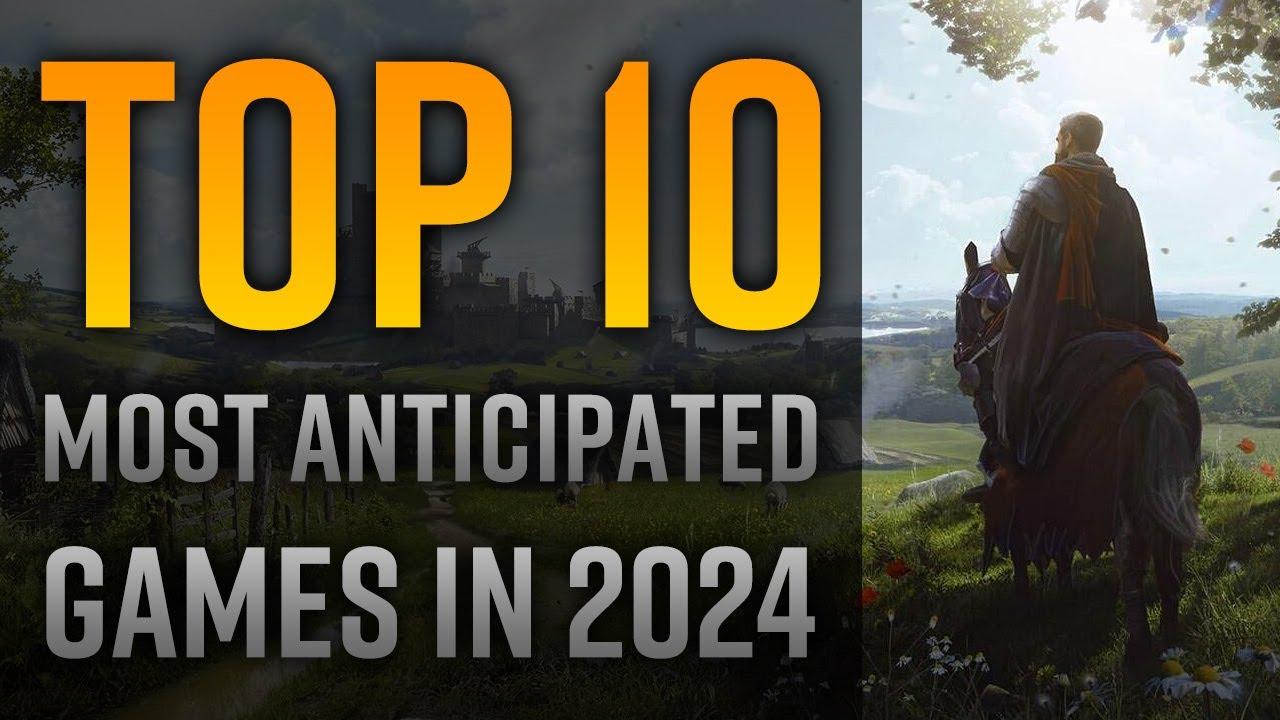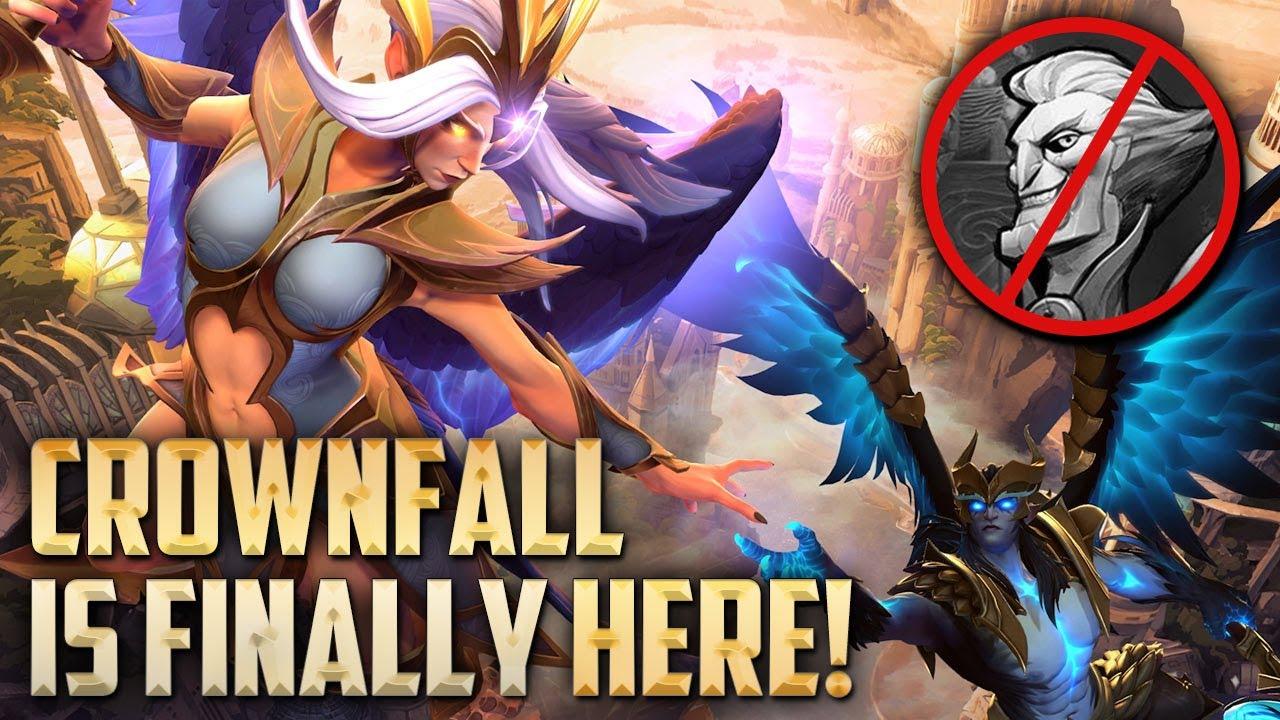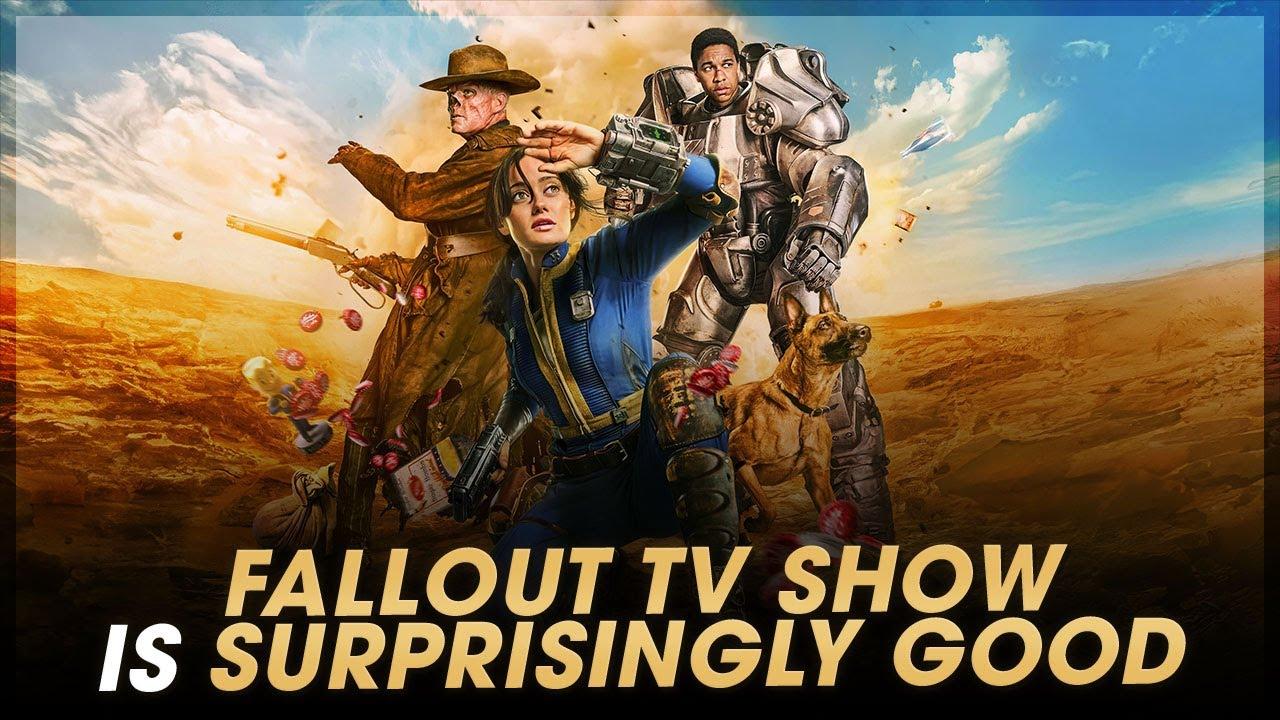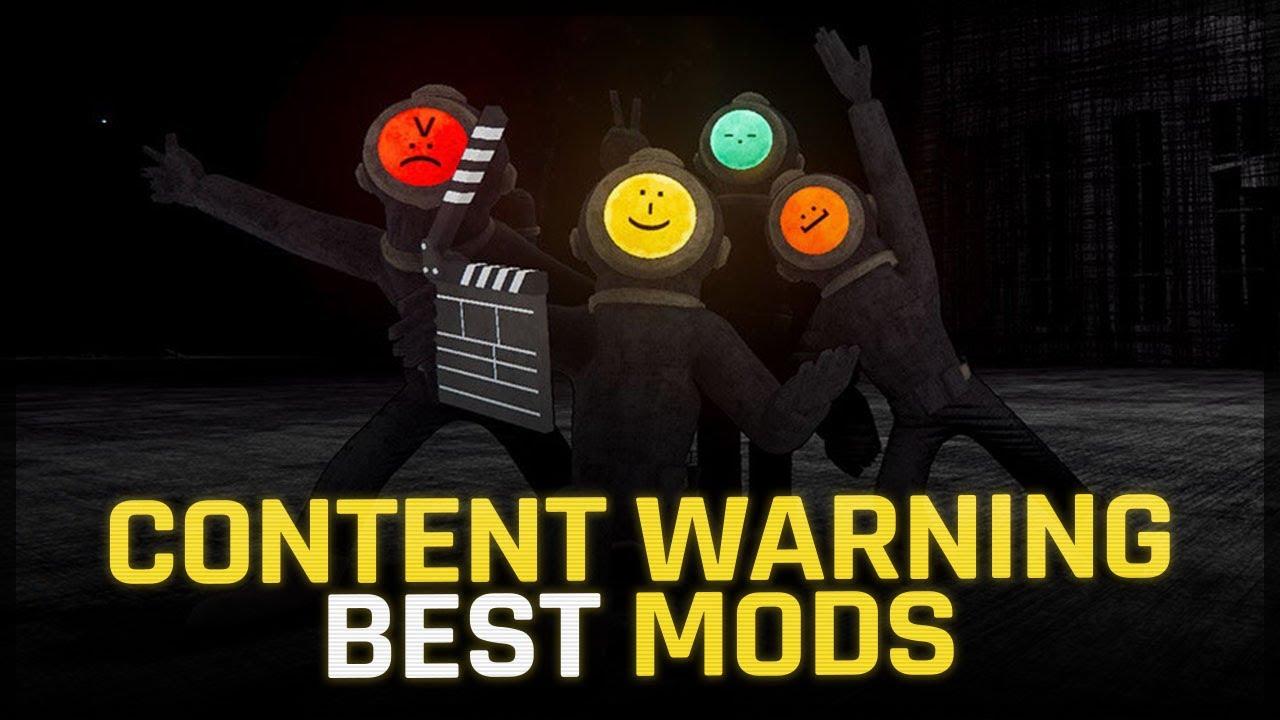Fortnite

Fortnite teases Star Wars Day event, here’s what to expect
Maybe a Lightsaber Pickaxe?

All Cabbage Cart locations in Fortnite
Get ready to cause some chaos.
Avatar Elements Pass brings Aang to Fortnite
“I laugh at gravity all the time. Hahaha, gravity!”

How to compete in the FNCS Community Cups
Get ready to drop in and get some free rewards.
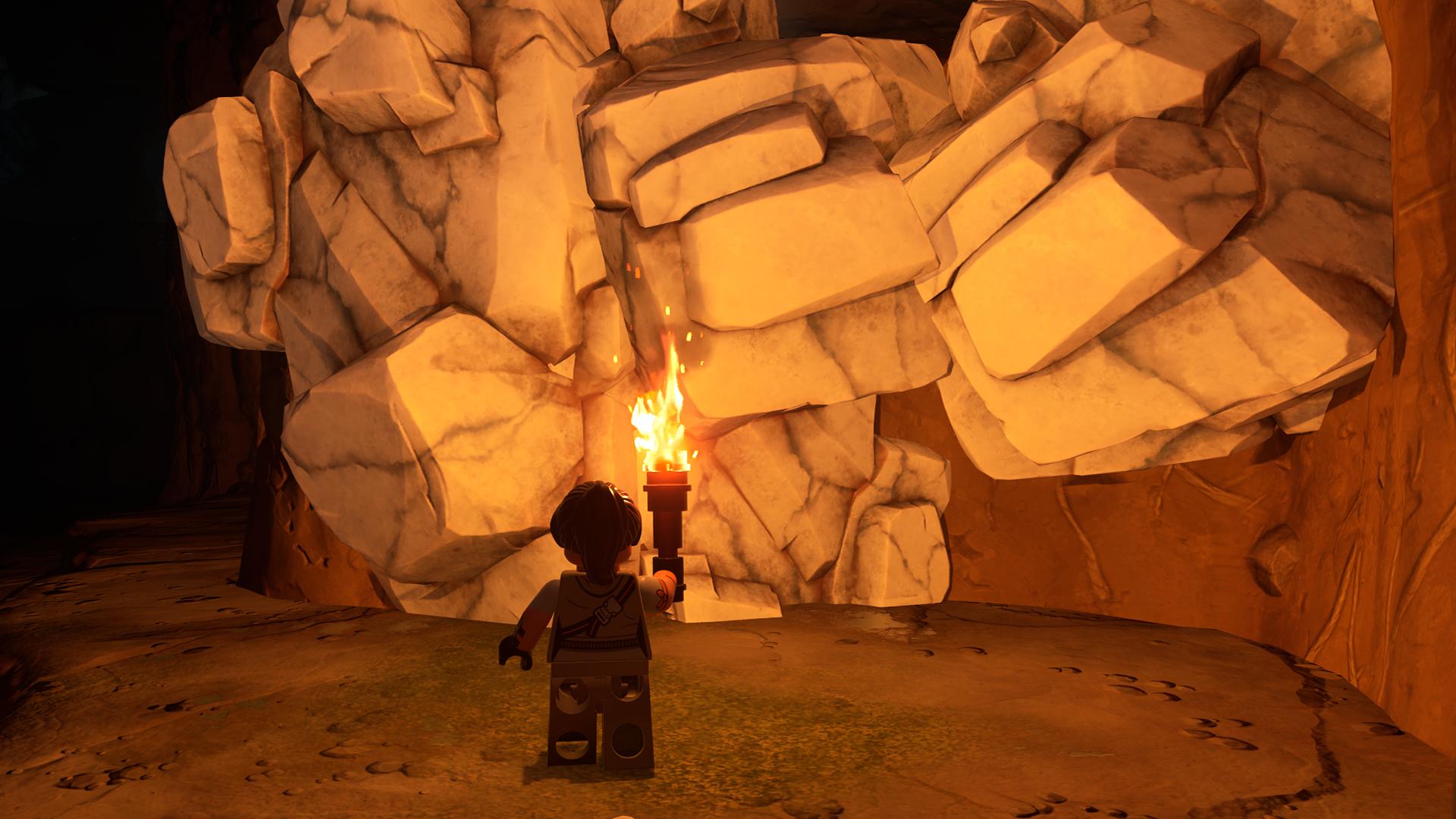
How to locate Lava Caves in LEGO Fortnite
They are dangerous, but worth the risk.
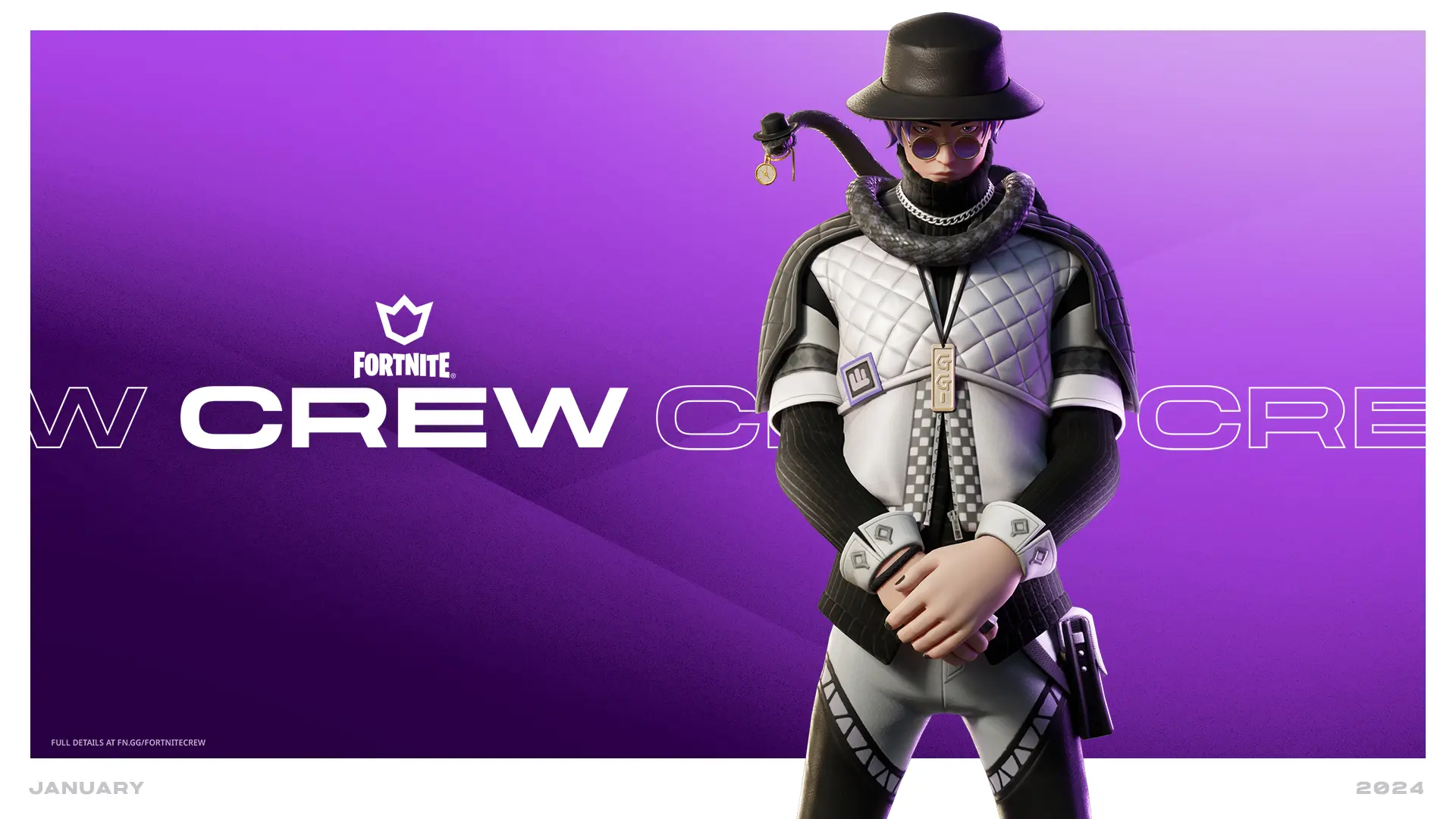
Everything we know about Silas Hesk in Fortnite
Might be time to sssssign up!

How to find Sgt. Winter and Krampus in Fortnite
Happy holidays! And watch out for Krampus.
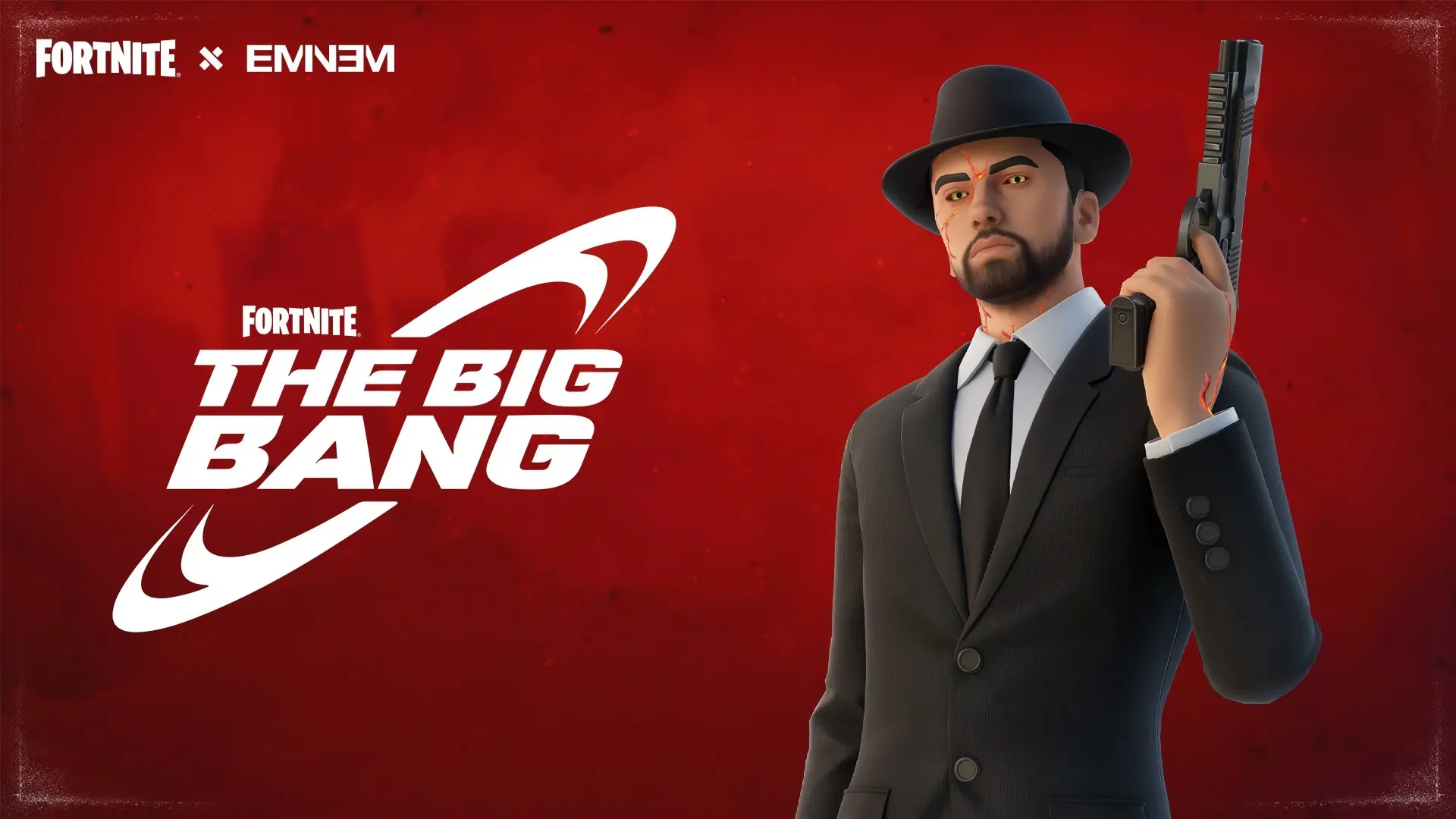
How to get the Marshall Magma Eminem skin in Fortnite
Want to look dapper as your favorite rapper as the Fortnite rapture happens?
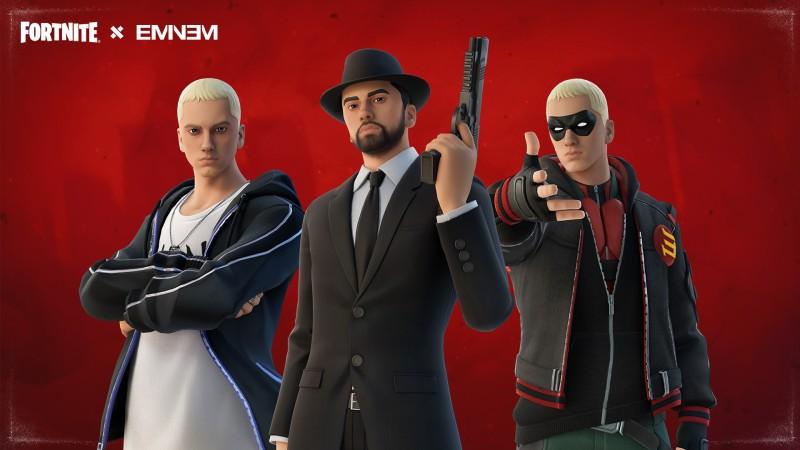
Eminem is coming to Fortnite
Will the real Slim Shady please get off the bus?


